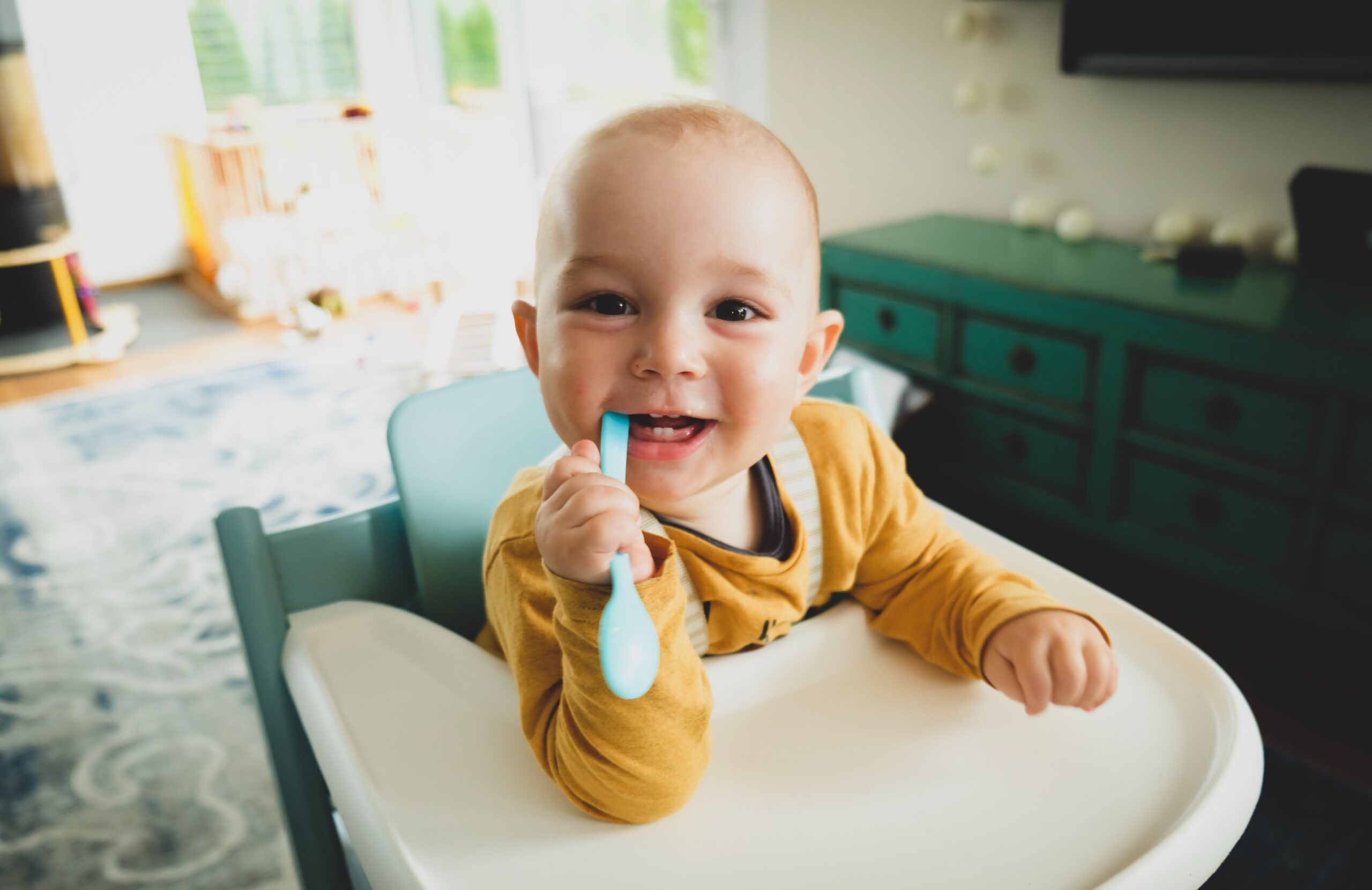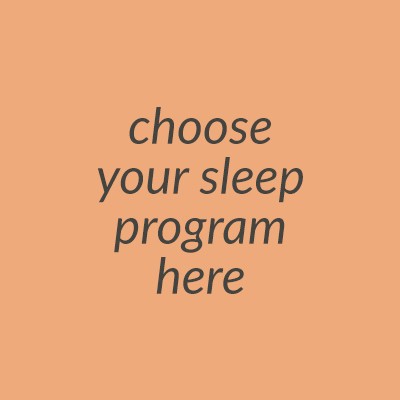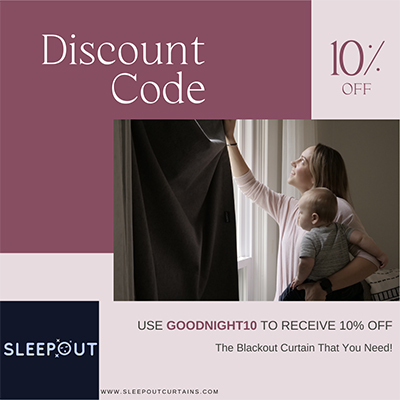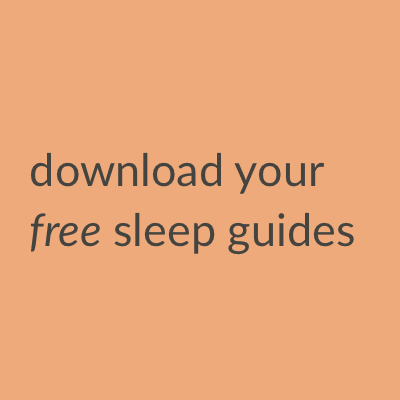I know first hand that when your baby doesn’t sleep well, neither do you. When struggling with sleep for more than a few weeks it is common suspect the reason is teething. Here is what you need to know to help your teething baby sleep better.
Developmental milestones can temporarily cause disruptions to your baby’s sleep. Discomfort from teething has been measured within the 5 days leading up to, and following the eruption day of a tooth. A study in Melbourne, Australia shows that teething does not have any long-term effects on your baby’s sleep (2000). These same thing was found in another study showing the direct effects of teething are not as prolonged as we may think: “a baby who drools or is fussy for weeks before a tooth eruption is not having symptoms due to teething” (2000).
Sign Up For Our Newsletter
More About the Symptoms
The symptoms we traditionally attribute to the teething process cannot be supported with scientific evidence (Sood, 2010). Some of those symptoms include irritability, ear rubbing, decreased appetite, rash, mouthing/chewing, sleep disturbance, fever, diarrhea, and runny nose. Experts believe symptoms like irritability and mouthing are just a part of “normal stages in child development during later infancy” (Wake, 1999). Other serious symptoms such as fever, diarrhea, excessive crying should not be attributed to teething and should be assessed by your pediatrician.
Ask your pediatrician to look into your baby’s mouth and tell you if they think a tooth is on it’s way to the surface. They might have difficulty determining that because the only sure way to tell is by seeing a tooth. 92 Australian parents were asked to identify the teething period for their babies. Over half of them (65%) relied entirely on the presence of teething symptoms rather than being able to objectively see or feel a tooth coming in (Wake, 1999).
Your Baby’s Sleep
Many of the books written by leading child sleep experts dedicate no more than a few paragraphs to teething. This is a compelling clue showing the lack of impact teeth have on your baby’s sleep. Use caution when attributing your baby’s ongoing sleep disturbances to teething. There are other things that should be addressed when a child regularly struggles with sleep.
Most people you ask will have advice on how to treat teething and help your little babe sleep. Although their intentions are in the right place, healthy sleep habits, predictable routines and a little extra TLC are the best ways to help your teething baby sleep better.
When your little one wakes in the night and you think they are in pain from teething, wait 10-15 minutes before responding. Pause for a moment to give them the chance to put themselves back to sleep. When responding to treat their pain, take the full dose of pain reliever or chilled teething ring into the room with you. Keep your visit brief and boring to help them go right back to sleep. Avoid taking your baby into a brightly lit bathroom to administer medication. Bright light is very stimulating and you’ll both have trouble getting back to sleep.
Maintaining Healthy Sleep Habits
It is perfectly okay to offer your baby a little more soothing for a day or two while their tooth erupts. Once the worst of their discomfort is over, put your healthy sleep habits back in place. This will help to lower the chances that they’ll stay dependent on you for sleep long after the teething period has passed.
Studies show teething only disrupts sleep for a few nights, if at all. If sleep has been off track in your home for weeks on end, think seriously about a sleep intervention. Ready to sleep train? Contact me to schedule your free 15-minute consultation today.






